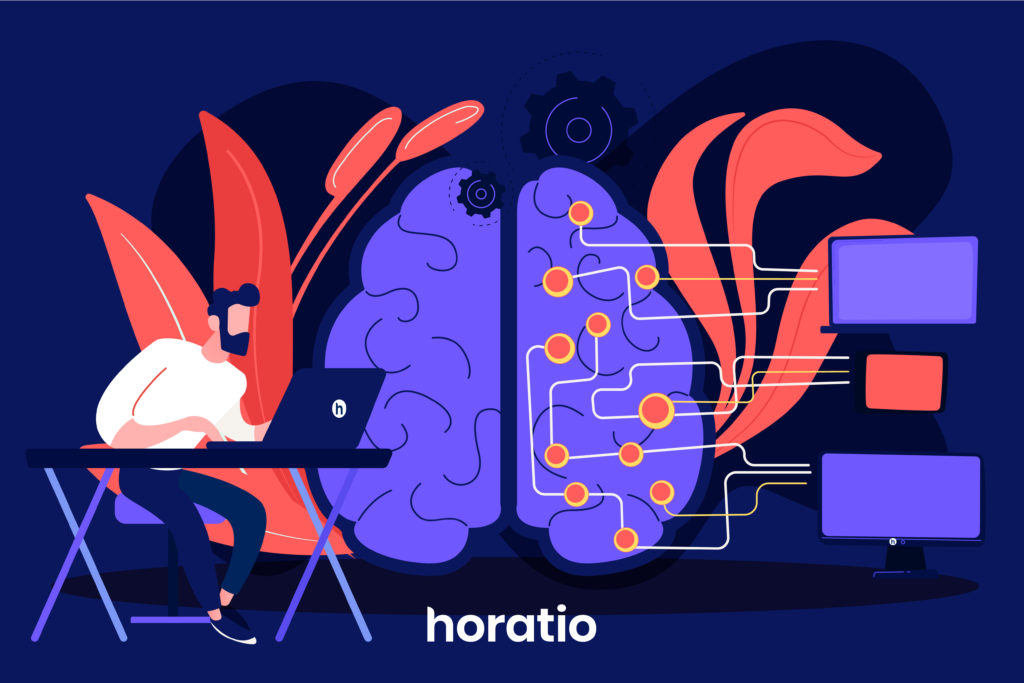In today’s digital age, AI has quickly become an integral part of our daily lives. Without realizing it, artificial intelligence technologies have been curating our social media feeds, analyzing our behavior on the internet to provide accurate recommendations, and even automating smart home devices.
However, their rapid advancement has brought forth many concerns and questions from industry experts. In fact, The New York Times shared that:
In late March, more than 1,000 technology leaders, researchers, and other pundits working in and around artificial intelligence (including Elon Musk) signed an open letter warning that A.I. technologies present “profound risks to society and humanity.”
Amidst the rising concerns regarding AI, the protection of data privacy stands out as a paramount one.
The Importance of Data Privacy: Safeguarding Digital Spaces
With the end goal of delivering high-quality service, brands have turned to using data to provide personalized experiences for customers. With data such as an individual’s name, contact information, age, and more at the fingertips of companies, the conversations on data privacy have skyrocketed.
Data privacy refers to how personal information is collected, used, and shared. This means that it gives people ownership of the decision of when, how, and to what extent their information is accessible.
It is no secret that AI requires vast amounts of data to improve its performance, which doesn’t come without challenges.

Navigating AI’s Data Privacy Challenges
As artificial intelligence continues to advance, it carries a multitude of data privacy hardships. Integrating AI into various aspects of our lives raises concerns about consent, transparency, security, and accountability.
Navigating these complex issues is crucial for the responsible and ethical use of AI while safeguarding individuals’ rights and protecting sensitive information.
Amongst the different data privacy concerns AI poses, The Economic Times highlights the following:
1. Data Breaches and Unauthorized Access to Personal Information
The primary focus regarding AI’s privacy issues revolves around the possibility of data breaches and unauthorized entry into individuals’ personal information. With the extensive collection and processing of data, there exists a potential danger of it falling into unauthorized possession, whether through hacking or other breaches in security.
2. Surveillance and Monitoring
Another issue pertains to the utilization of AI for surveillance and monitoring objectives. Law enforcement agencies, for instance, have employed facial recognition technology to identify suspects and monitor individuals in public areas. This prompts inquiries regarding the protection of privacy rights and the potential misuse of such technologies.
3. Perpetuation of Biases and Discrimination
Furthermore, there is apprehension regarding the potential reinforcement of pre-existing biases and discrimination by AI systems. When an AI system is trained using data that incorporates biased preferences, it can inadvertently learn and propagate those biases. This can lead to significant ramifications, especially in domains like employment, where AI algorithms might be employed to determine hiring choices.
Protecting Your Business’s Data Privacy in the Era of Generative AIs
Generative artificial intelligence describes algorithms that can be used to create new content like audio, code, images, text, simulations, and videos. These have become extremely popular lately, opening the doors for many potential risks when it comes to data privacy.
These types of technologies can also be used to write malicious code. It is very possible to manipulate this software, which allows bad actors to trick them into generating hacking code.
Read more: The Power of Leveraging CX Analytics
Mitigating the Risks of AIs on Data Privacy
In efforts to mitigate the previously mentioned risks, the Biden administration has issued a “Blueprint for an AI Bill of Rights”. Nonetheless, with companies coming out with many new generative AI platforms, we’re more exposed than ever, highlighting the urgency for businesses and policymakers to collaborate and implement robust data privacy measures that go beyond regulatory frameworks.
The importance of data privacy has therefore become even more evident, as it is vital for protecting personal information, fostering trust, maintaining reputation, ensuring compliance, and promoting ethical behavior in the digital age.
At Horatio, we proactively protect and safeguard data privacy in the AI era. Our dedicated team continuously monitors and assesses risks, staying updated on the latest industry practices and regulatory standards. Contact us now to start.






